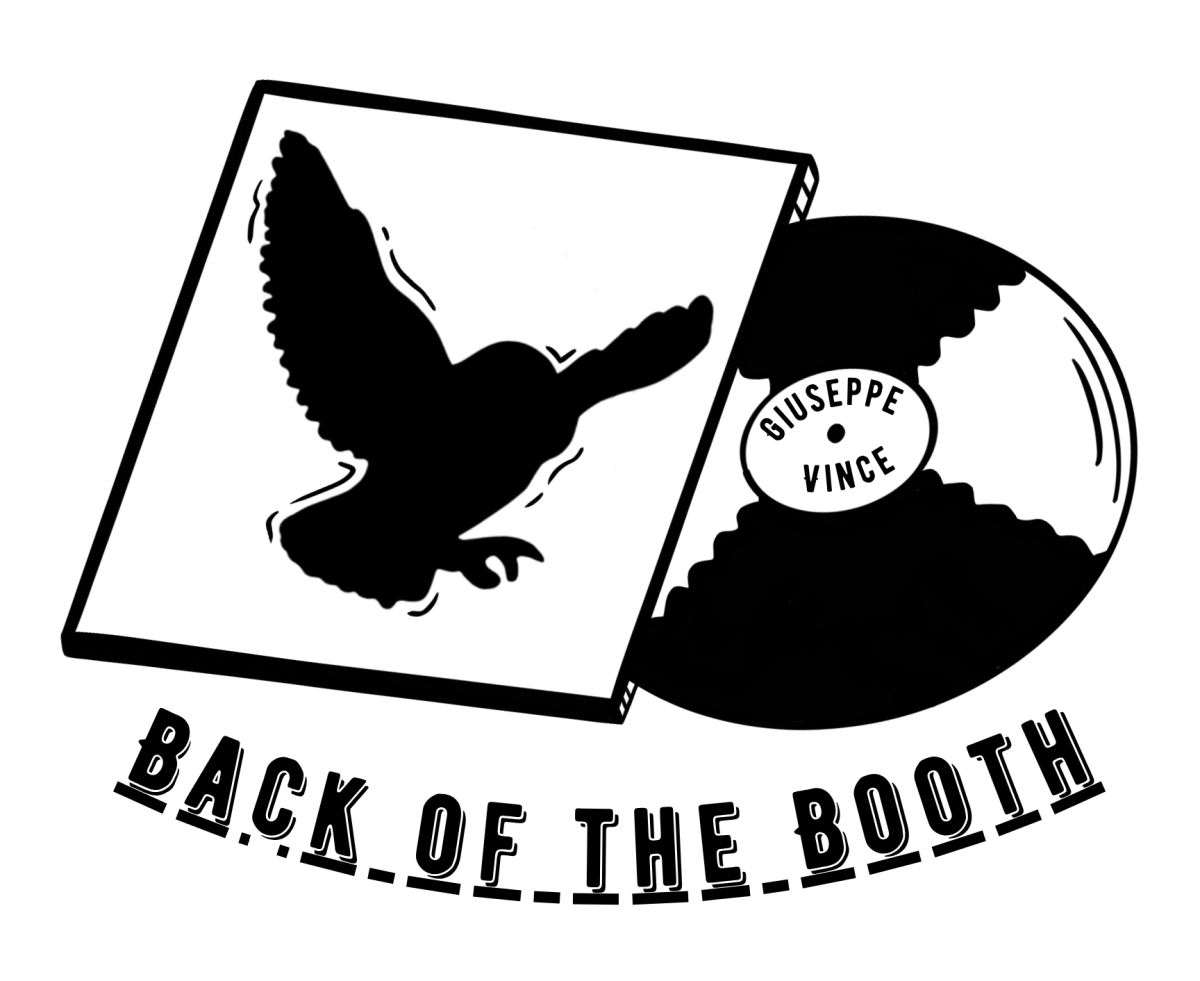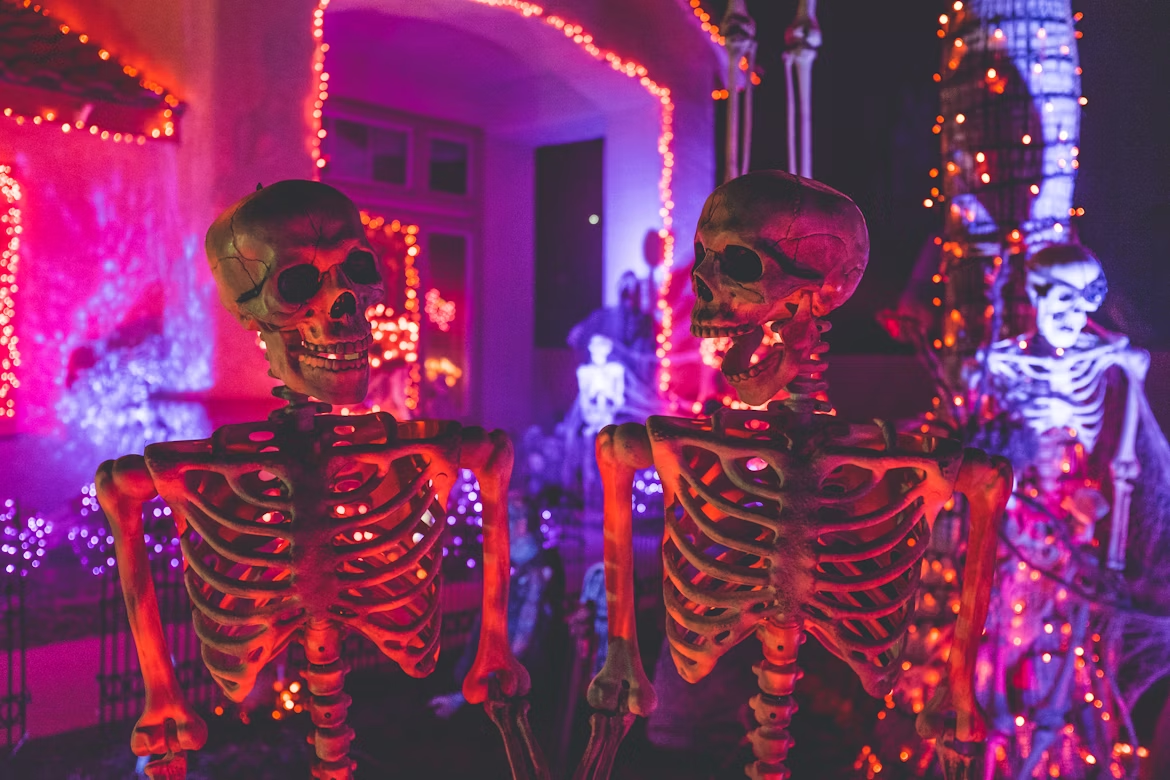Trick-or-treating has been a beloved tradition for hundreds of years. The Halloween practice can be dated all the way back to 16th century Scotland and Ireland, though then, the tradition was then guising.
Guising has been seen throughout recent history across the Northern and Western Hemispheres, with the first recorded North American case in 1911 in Ontario, Canada. The phrase “trick or treat!” was also first documented to be said in Ontario in 1917.
Traditionally, trick-or-treating has been advertised for younger children. However, many older children and teenagers still enjoy participating in the tradition every year.
In some places, trick-or-treating as a teenager is widely accepted, but in others, it can be viewed as “embarrassing” or “weird,” raising the common question, “Aren’t you a little old for this?”
This begs the question: how old is too old for trick-or-treating?
39 Ida B. Wells High School students responded to a Google Form about trick-or-treating: five seniors, 24 juniors, six sophomores, and four freshmen.
The survey had four questions:
- When was the last time you went trick-or-treating and how old were you?
- Will you trick-or-treat this year?
- What do you like about trick-or-treating?
- What do you dislike about trick-or-treating?
The average age calculated that students stopped trick-or-treating was 14.43, meaning most people stopped between the ages of 14 and 15.
The earliest a student stopped was in fifth grade, but several students trick-or-treated last year as 15, 16, or 17-year-olds.
When asked if they would trick-or-treat this year, 12 students (two sophomores, eight juniors and two seniors) gave a definite no. Eight students (one freshman, one sophomore, five juniors and one senior) said they probably wouldn’t. Eight people (three sophomores, four juniors and one senior) were unsure. Ten students said they would: three freshmen, six juniors and one senior.
An overwhelming majority of respondents said their favorite part of trick-or-treating was the free candy, with several responses mentioning their enjoyment of the costumes and the time spent with friends.
One sophomore wrote, “It just always brings out good memories!”
Many students wrote that the only thing they disliked about trick-or-treating was the cold or the rain.
So why do people stop? A likely answer is the stigma surrounding age.
Several students mentioned that Halloween can seem “babyish” as you get older, or that they’ve been denied candy because of their age.
One junior wrote, “People are afraid to have fun because they’re ‘too old’ and older kids don’t go trick-or-treating. This also applies to people, mainly adults, that perpetuate the stigma by saying ‘Aren’t you too old for this?’ and not having a welcome environment.”
Some cities even have regulations prohibiting kids from trick-or-treating after a certain age. In Chesapeake, Virginia, trick-or-treating is limited to kids 14 and under. Older teens can be charged with a misdemeanor if caught.
In Belleville, Illinois, children over 12 are forbidden from wearing Halloween masks in public places. Those who are a freshman or older are also forbidden from trick-or-treating.
Oregon currently has no trick-or-treating legislation and no plans to put any in place.
Ultimately, it seems most kids know when they feel ready to stop trick-or-treating. Halloween is a time for costumes and candy, not a time to shame people for their age. Holidays are for everyone.
Happy Halloween!









